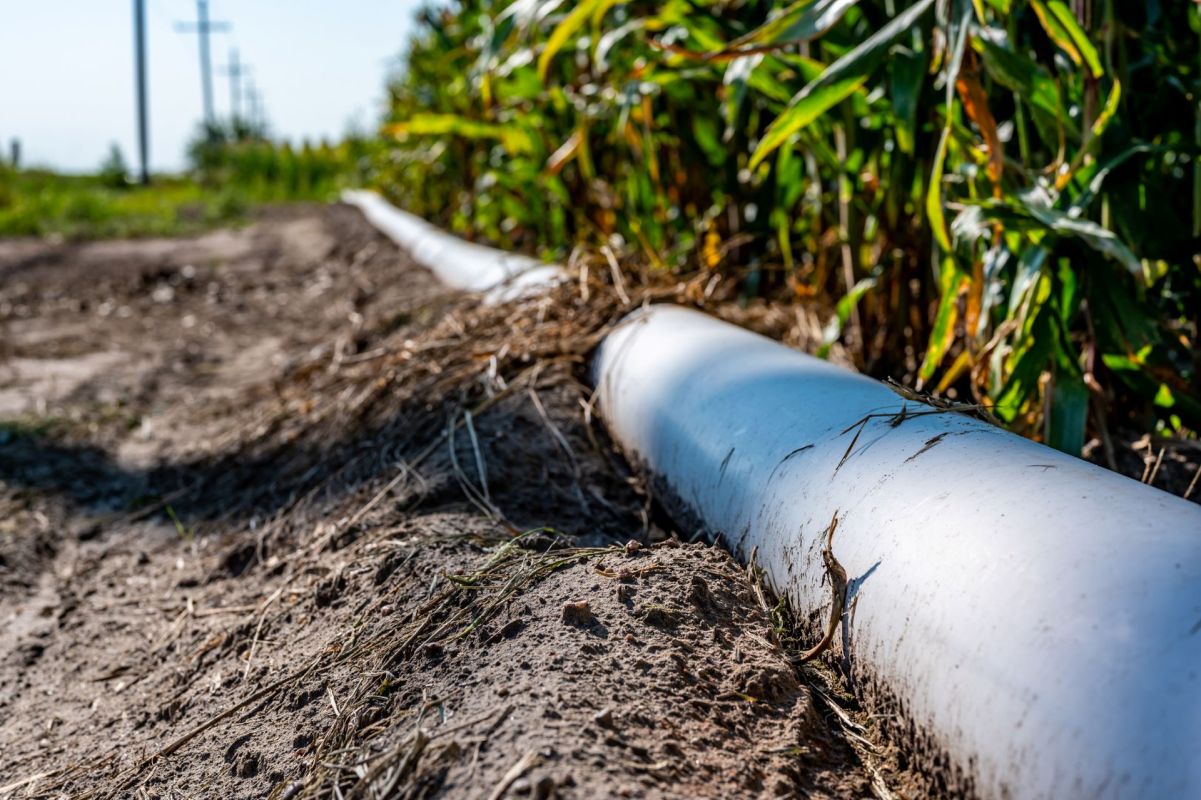A new study from The New York Times has revealed that substantial, consistent damage is being done to the groundwater supply in the United States, which has massive negative implications for agriculture, drinking water, construction, and more.
What's happening?
In the past four decades, more than half of all American groundwater sites have been substantially depleted, as more water has been taken out than replenished naturally. Additionally, 40 percent of all locations have hit an all-time low.
Pumping out groundwater disrupts layers of different substances below the Earth's surface, as the ground can settle into the area where the water is taken out and take up space where it would ordinarily replenish.
The New York Times sees a lack of regulation as one of the biggest issues regarding groundwater use. Additionally, The Times claims there is very little significant research and data tracking on a countrywide scale.
Why is groundwater use important?
Groundwater is essential to agriculture, and the depletion of the resource could fundamentally disrupt crop yields in the coming years in states such as Kansas, where the natural groundwater cannot support the agricultural industry anymore, according to The Times. Meanwhile, more arid states like California, Texas, and Utah are seeing widespread infrastructural damage to roads and the ground due to overpumping. Phoenix does not have enough groundwater in certain areas to construct new homes.
Another alarming issue: The deeper wells are drilled, the more likely their water is to be contaminated by arsenic, which can cause significant illnesses in those who consume it.
What's being done about groundwater shortages?
"From an objective standpoint, this is a crisis," said Warigia Bowman, a water expert at the University of Tulsa. "There will be parts of the U.S. that run out of drinking water."
One way the country might mitigate the crisis is by supporting measures to regulate groundwater usage at a federal level. However, the New York Times notes that agricultural groups will oppose such measures.
On an individual level, everyone can do their part to use less water every day to help cut our overall usage as a community. Taking shorter showers, planting alternative lawns that use less water than grass, and streamlining your dishwashing are all simple ways to reduce water consumption.
Join our free newsletter for cool news and actionable info that makes it easy to help yourself while helping the planet.
TCD Picks » Upway Spotlight















